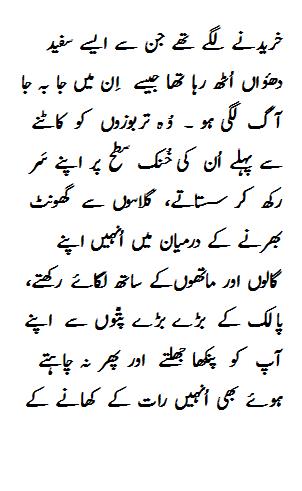A facebook friend opined on his facebook timeline that famous Pakistani fiction writers
Mumtaz Mufti and
Ashfaq Ahmed
were worse than the Latin American drug lords El Chapo and Pablo
Escobar. Here is my reply to this statment, where I explain that it
wasn't just Mumtaz Mufti and Ashfaq Ahmed or
Ahmad Nadeem Qasmi or
Fahmida Riaz or
Faiz Ahmad Faiz or
Habib Jalib or
Qamar Yurish (labor leader whose book of pen sketches,
Yaraan e Maikada, mentions how he and others were tortured by the Pakistan Establishment) or Mohammed Aslam Muznib or
Hassan Nasir (revolutionary poet, Sec. General
Communist Party of Pakistan
who was tortured to death in 1960 on General Ayub Khan's direct orders)
but in fact all leading Pakistani thinkers, poets and fiction writers,
non-fiction writers (historians, political analysts, political
cartoonists) who were silenced by the Pakistan Generals who have been
ruling Pakistan since the 1950s with the help of a brutal cadre of spy
agencies, secret operatives, torture cells to the extent that in the
Pakistan of 2017 we have university professors abducted in broad
daylight from an Islamabad campus, tortured, forced to sign documents
accepting a liftime ban on operating any social media web site and
banished from Pakistan. In modern day Pakistan, groups of fanatics
openly lynch progressive minded, liberal thinking students like
Mashal Khan, where political activists like
Sabeen Mahmud are killed on the streets of Karachi, where outspoken lead journalists like
Hamid Mir
are shot 8 times by assailants on a busy road in Karachi, where
Pakistan is considered the most dangerous country for journalists . . .
So, it is not the fault of Mumtaz Mufti or Ashfaq Ahmed that they became
silent but that of Pakistan Generals who silenced them with coercion
and threats of torture . . .



Operation Condor was a campaign of
political repression and
state terror involving
intelligence operations and assassination of opponents, which started in 1968 and was officially implemented in 1975 by the
right-wing dictatorships of the
Southern Cone of South America.
An excerpt from
Fehmida Raiz's long poem .... Kyaa Tum Poora Chaand Naa Daykho Gay?
Mohammed Hanif wrote a novel in 2008 entitled
A Case of Exploding Mangoes describing the events leading up to the suspected/alleged assassination of Pakistan's dictator, General Ziaul Haq
My Urdu language literary web site
Dareechah has a web page dedicated to Pakistan's labor leader and short story writer
Qamar Yurish
I urge Pakistan's political activist and poet,
Yousuf Hassan to continue describing
the struggles of Pakistan's Progressive Writers Movment in Pakistan from 1947 to the present time ...
What is happening to Pakistan's thinkers, writers, poets, political activists is just like
Galileo's persecution by the Catholic Church ...
























